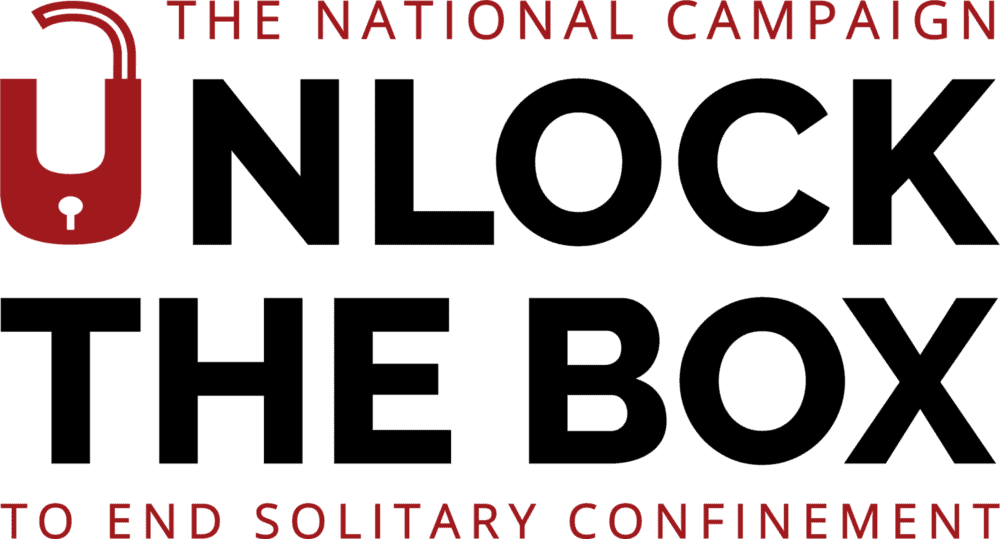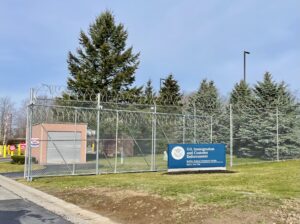Receiving Body
United Nations, Working Group of Experts on People of African Descent
Report Type
Submission on Principles, Provisions and Pathways to Reparatory Justice for Africans and People of African Descent
Tags
In North Carolina prisons, around 3,000 people are held in solitary confinement at any given time. A 2016 assessment found that 44 out of 56 prisons in North Carolina held people in restrictive housing, defined as units where incarcerated people were held away from the general population and had “greater restrictions on out-of-cell time, congregate activity, and access to programming than in regular population.” People in restrictive housing spent 23 hours a day minimum within their cells with no meaningful contact with other people, little to no opportunity for programming, and out-of-cell time entailed recreation in a small enclosed space one hour a day, five days a week.
Black people in North Carolina are disproportionately affected by solitary confinement. In 2021, amongst incarcerated individuals aged 18-21, 70% of those placed in solitary confinement were Black. Although Black people only make up 51% of North Carolina’s prisons, Black people made up 64% of those placed in the most restrictive solitary confinement units.
What solutions exist?
Despite decades of documentation and research indicating that solitary confinement is inhumane and abusive, the United States continues to use solitary in jails and prisons. The United States’ obligations under international human rights instruments, including the American Declaration, the Universal Declaration on Human Rights, the International Covenant on Civil and Political Rights, and the Convention Against Torture, demand that the U.S. government seriously re-examine the use of solitary confinement, and bring our practices in line with standards and norms recognized by the international community.
Sign up to our mailing list for updates on solitary confinement in the U.S.
December 2024
Written Submission on Principles, Provisions and Pathways to Reparatory Justice for Africans and People of African Descent
Partners
-

The Unlock the Box Campaign
Unlock the Box is a national advocacy campaign aimed at ending solitary confinement in all U.S. prisons, jails, detention facilities, and juvenile facilities, and bringing the United States into full compliance with the UN’s Mandela Rules for the Treatment of Prisoners within 10 years.



